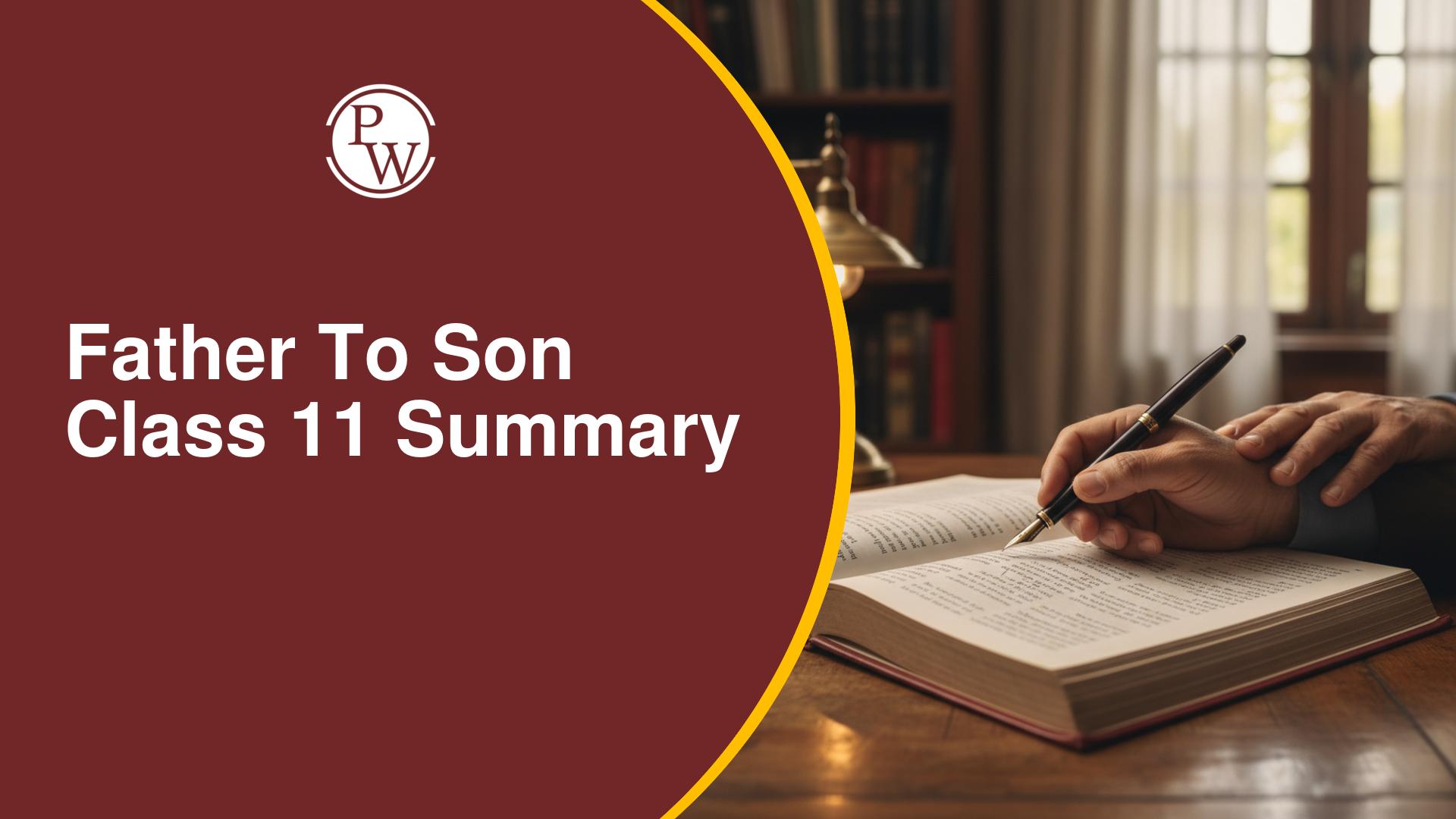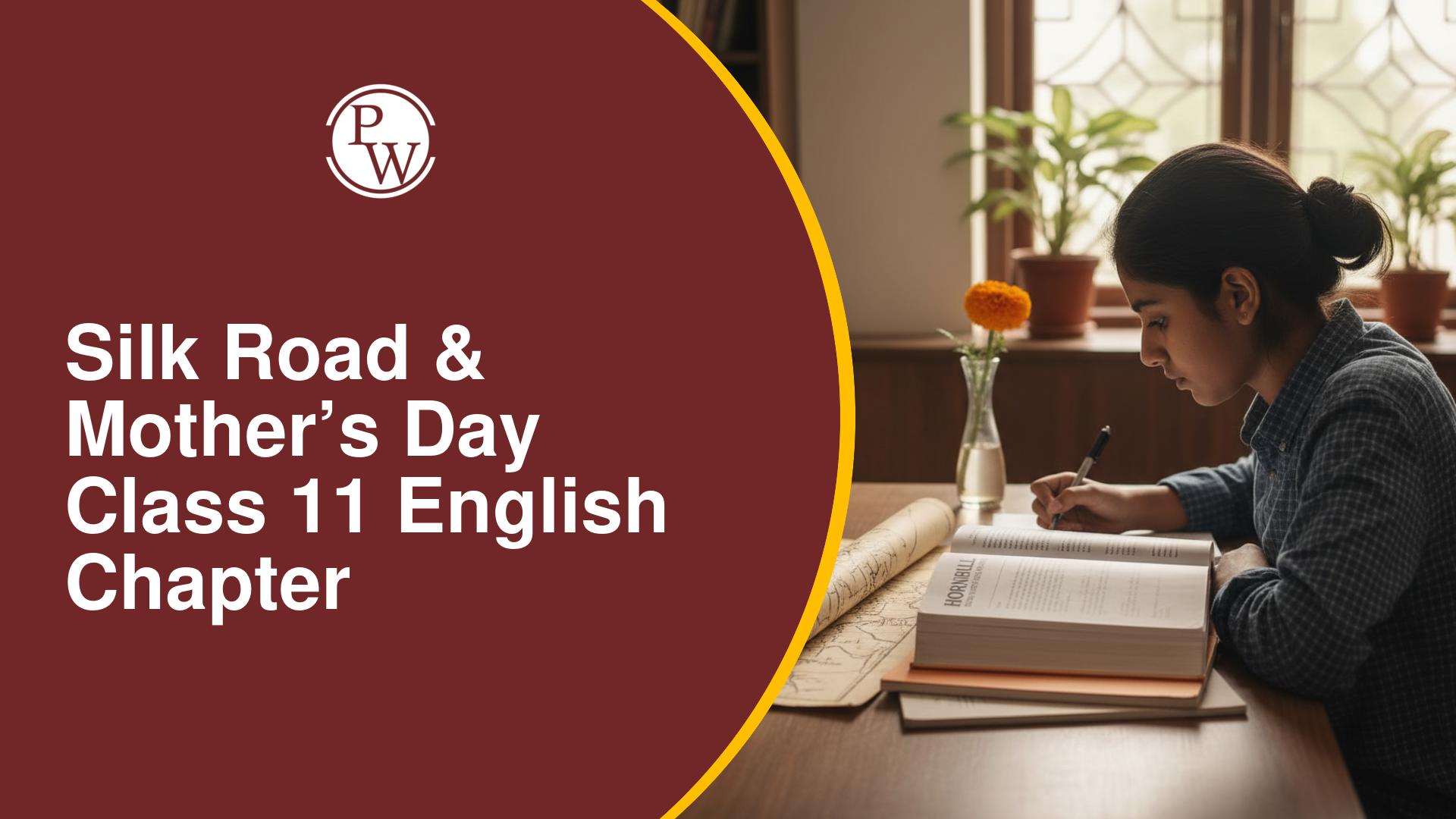
The Childhood Class 11 English Summary: The poem Childhood by Norwegian poet Marcus Natten beautifully captures the nostalgic longing for lost innocence. The poet reflects on the transition from childhood to adulthood and tries to pinpoint the exact moment when he lost his innocence. The Childhood Class 11 English Summary provides an in-depth understanding of the poem, breaking it down stanza by stanza to help students grasp its deeper meanings. This article explores the poet’s musings on the loss of childhood, his realizations about adulthood, and the inevitability of growing up.
The Childhood Class 11 English FAQ
What is the main theme of Childhood?
The poem explores the loss of innocence and the transition from childhood to adulthood. The poet reflects on various moments that might have marked the end of his childhood.
How does the poet describe the loss of childhood?
The poet recalls different reasons for losing his childhood, such as turning twelve, realizing the myths of heaven and hell, and understanding the hypocrisy of adults.
What does the poet conclude about childhood?
The poet concludes that childhood, once lost, cannot be retrieved. He accepts that innocence is only visible in an infant’s face and cannot be regained.
Talk to a counsellorHave doubts? Our support team will be happy to assist you!

Check out these Related Articles
Free Learning Resources
PW Books
Notes (Class 10-12)
PW Study Materials
Notes (Class 6-9)
Ncert Solutions
Govt Exams
Class 6th to 12th Online Courses
Govt Job Exams Courses
UPSC Coaching
Defence Exam Coaching
Gate Exam Coaching
Other Exams
Know about Physics Wallah
Physics Wallah is an Indian edtech platform that provides accessible & comprehensive learning experiences to students from Class 6th to postgraduate level. We also provide extensive NCERT solutions, sample paper, NEET, JEE Mains, BITSAT previous year papers & more such resources to students. Physics Wallah also caters to over 3.5 million registered students and over 78 lakh+ Youtube subscribers with 4.8 rating on its app.
We Stand Out because
We provide students with intensive courses with India’s qualified & experienced faculties & mentors. PW strives to make the learning experience comprehensive and accessible for students of all sections of society. We believe in empowering every single student who couldn't dream of a good career in engineering and medical field earlier.
Our Key Focus Areas
Physics Wallah's main focus is to make the learning experience as economical as possible for all students. With our affordable courses like Lakshya, Udaan and Arjuna and many others, we have been able to provide a platform for lakhs of aspirants. From providing Chemistry, Maths, Physics formula to giving e-books of eminent authors like RD Sharma, RS Aggarwal and Lakhmir Singh, PW focuses on every single student's need for preparation.
What Makes Us Different
Physics Wallah strives to develop a comprehensive pedagogical structure for students, where they get a state-of-the-art learning experience with study material and resources. Apart from catering students preparing for JEE Mains and NEET, PW also provides study material for each state board like Uttar Pradesh, Bihar, and others
Copyright © 2026 Physicswallah Limited All rights reserved.









